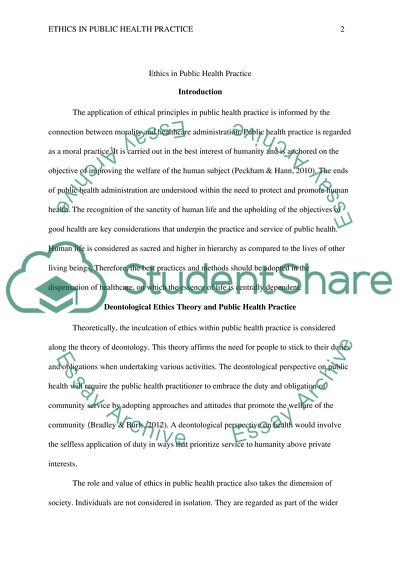Cite this document
(“Ethnics in Public Health Practice Research Paper”, n.d.)
Retrieved from https://studentshare.org/health-sciences-medicine/1468266-ethnics-in-public-health-practice
Retrieved from https://studentshare.org/health-sciences-medicine/1468266-ethnics-in-public-health-practice
(Ethnics in Public Health Practice Research Paper)
https://studentshare.org/health-sciences-medicine/1468266-ethnics-in-public-health-practice.
https://studentshare.org/health-sciences-medicine/1468266-ethnics-in-public-health-practice.
“Ethnics in Public Health Practice Research Paper”, n.d. https://studentshare.org/health-sciences-medicine/1468266-ethnics-in-public-health-practice.


